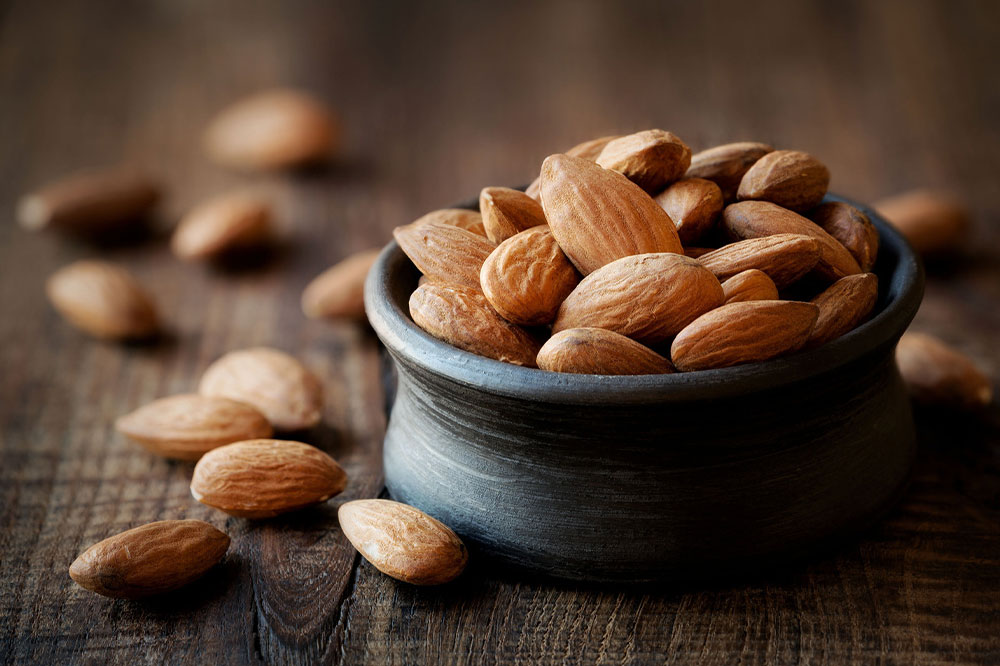6 nuts and seeds for managing arthritis

Arthritis is a collective term to describe more than 100 types of joint pain or joint diseases and other related complications. If left unchecked, the pain caused by the condition could be disabling and interfere with one’s ability to perform daily tasks. One can resort to treatments and therapies to manage the symptoms of arthritis. At the same time, one can make lifestyle changes such as eating healthy foods like nuts and seeds to improve their condition.
Walnuts
Rich in ALA, adding walnuts to one’s meals can significantly help curb the symptoms of arthritis. The food is abundant in omega-3 fatty acids that help lower the C-reactive protein (CRP – a marker of inflammation that may heighten the risk of arthritis and cardiovascular diseases. One could add walnuts to meatless dishes and with other healthy foods like stir-fried broccoli with chopped garlic.
Peanuts
Eating a handful of unsalted peanuts throughout the day will ensure the body receives a healthy source of polyunsaturated and monounsaturated fats. These properties may lower unhealthy low-density lipoprotein (LDL) cholesterol and reduce heart disease risk. They can also introduce magnesium to one’s system, which will keep blood sugar in control. Subsequently, controlling these conditions may contribute to improved symptoms of arthritis.
Almonds
Almonds are rich sources of fiber, among other nuts. They contain healthy fats and vitamin E, which help reduce inflammation markers, including CRP. Almonds are also rich in healthy fats that can contribute towards lower cholesterol levels, which helps curb the risk of arthritis triggers. One could occasionally eat almonds with rice and vegetable-based dishes, or munch on them.
Pistachios
Munching on pistachios may help individuals keep unhealthy cholesterol levels in check. And the reduction of this property will contribute to reduced pressure on the joints, which may help reduce arthritis pains. Pistachios are also rich in antioxidants like vitamins A and E, potassium, and lutein (a compound also found in dark, leafy vegetables), which contribute to suppressed inflammation.
Flaxseeds
Adding flaxseeds to one’s meals can significantly enrich their body with ALA. The property may help lower unhealthy cholesterol levels, prevent the risk of heart disease, and control diabetes. All these conditions have links to arthritis in one way or another, so keeping them in check may prevent flare-ups and other complications. One could enjoy flax seeds by stirring them into yogurt with some fruit, mixing them with cereals, or in combination with healthy smoothies.
Chia seeds
While chia seeds are a good source of anti-inflammatory ALA, one should introduce them to meals because of their high healthy fiber content. The fibers contribute towards maintaining healthy body mass, which may help reduce the pressure applied on joints affected by arthritis. Chia seeds could be enjoyed by blending them with coconut milk, vanilla, and fruit and chilling the concoction to render a healthy pudding.
One should ensure that while these nuts and seeds might be suitable for people with arthritis, they must go for unsalted and raw options. Moreover, they should also be mindful of the ones rich in calories and eat them in moderation. However, one should consult a healthcare provider before making changes to their meal plan.

